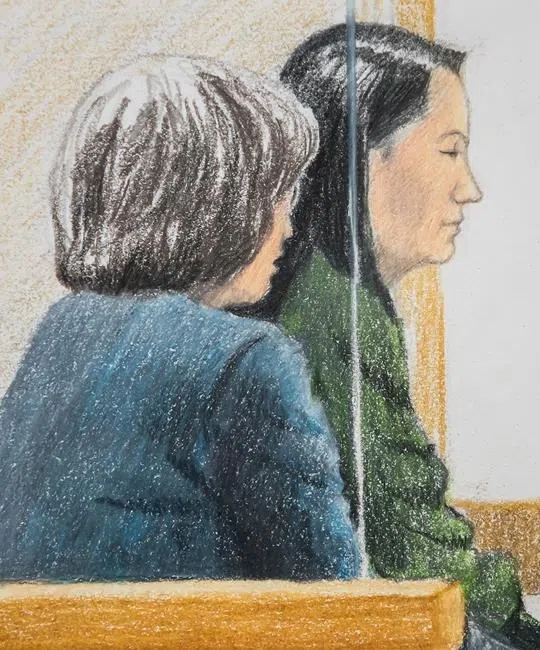
Chinese telecom executive accused of fraud over Iran sanctions in United States
VANCOUVER — A senior executive of Chinese tech giant Huawei is facing allegations of fraud by using a subsidiary to violate United States and European Union trade sanctions against Iran in a case that shook world stock markets this week.
A federal prosecutor told a bail hearing for Meng Wanzhou in Vancouver on Friday that the chief financial officer of Huawei Technologies is wanted in the United States on criminal allegations that Huawei used its subsidiary Skycom to do business with Iranian telecommunications companies between 2009 and 2014.
John Gibb-Carsley said Meng is alleged to have said Huawei and Skycom were separate companies in a meeting with an executive of a financial institution, misleading the executive and putting the institution at risk of financial harm and criminal liability.
“Skycom was Huawei. This is the crux of the alleged misrepresentation. This is the alleged fraud,” said Gibb-Carsley, representing the Attorney General of Canada.